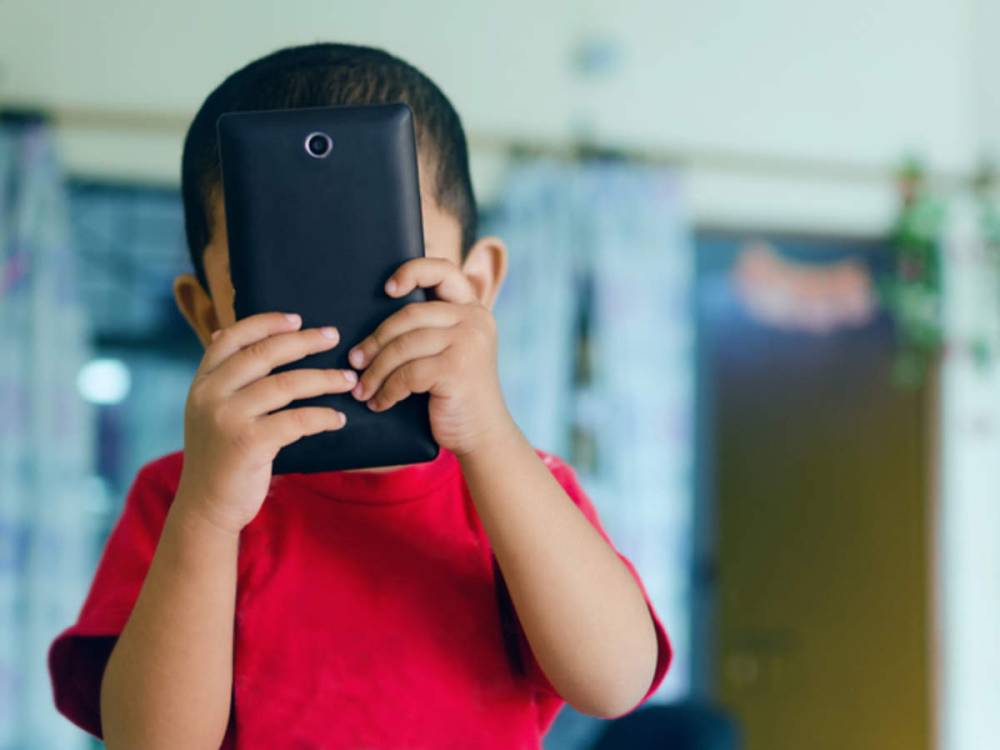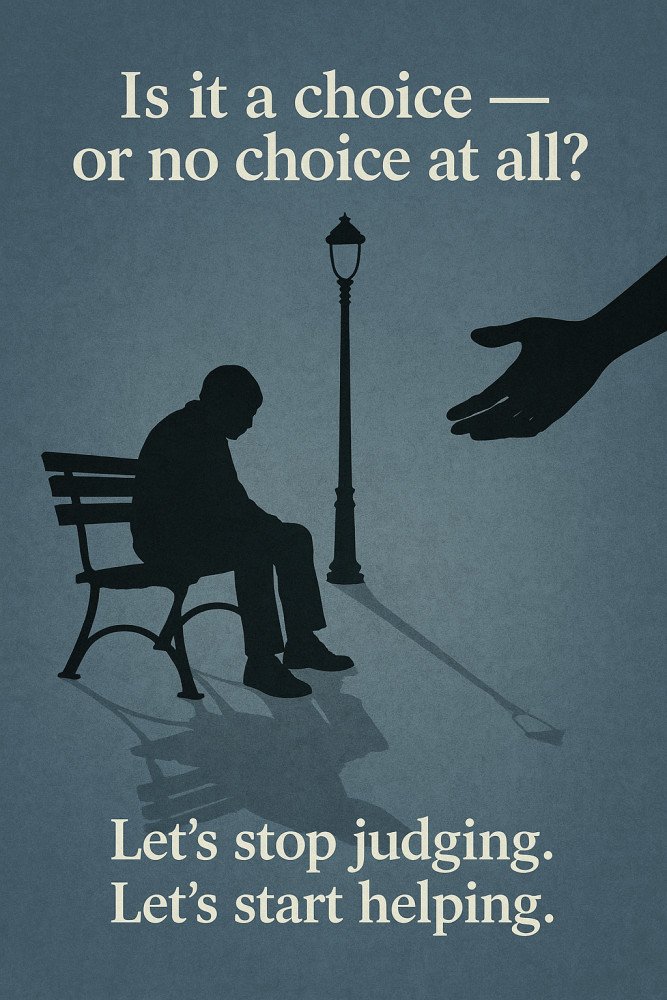

The Interplay of Smartphone Drug and Bullying: Impacting Mauritius' Youth
The rise of Smartphone addiction, sometimes known as Smartphone drug, has been entangled with the persistent issue of bullying, having a tremendous influence on Mauritius' youth. The article investigates the link between Smartphone addictions and bullying, revealing the tremendous effects they have on the lives of young people
A survey indicates that 40% of young individuals in Mauritius have experienced bullying in various forms and approximately 62% of young people aged 15-25 in Mauritius display signs of Smartphone addiction, spending 5-6 hours per day on their devices. Smartphones and social media platforms contribute to the prevalence of cyber bullying, with an estimated 30% of bullying incidents occurring online.
Smartphones amplify bullying by enabling the wide distribution of humiliating photos or videos. Anonymous messaging apps and social media accounts on smartphones allow bullies to remain unidentified and engage in aggressive behaviours. The digital nature of bullying through smartphones diminishes face-to-face interaction and empathy.
Victims of Smartphone-enabled bullying experience heightened emotional distress, including anxiety, depression, low self-esteem, and social isolation. Studies show an increased risk of self-harm and suicidal ideation among victims of cyber bullying.
Is there a solution?
Promoting digital literacy programs that educate youth about responsible Smartphone use and the consequences of cyber bullying fosters empathy. Implementing comprehensive bullying prevention programs involving parents, educators, and community members provides support for victims and rehabilitation for bullies.
The interplay between Smartphone addiction and bullying poses a significant threat to the well-being of Mauritius' youth. Smartphone addiction facilitates the spread and impact of bullying, leading to emotional distress and potential self-harm among victims. By raising awareness, promoting digital literacy, and implementing supportive interventions, we can create a resilient digital environment that prioritizes empathy, respect, and the well-being of our young generation.


